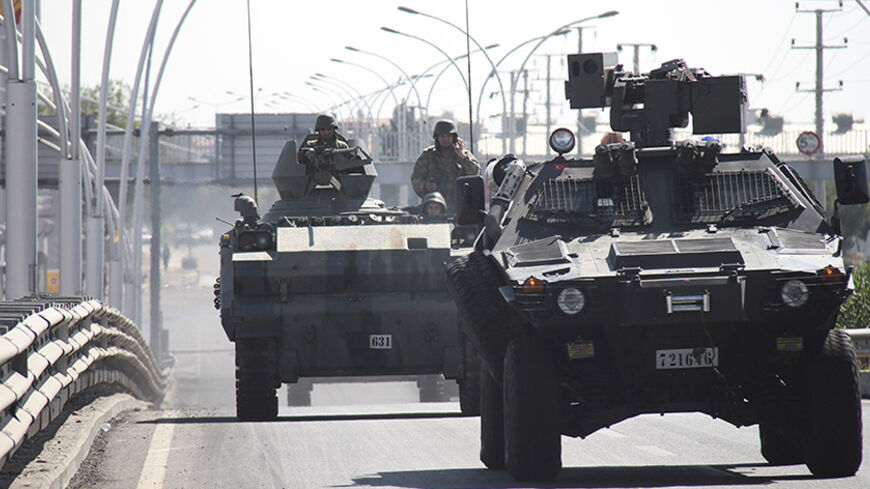On Oct. 7, I joined my colleague and old friend Hasan Cemal at dinner in Istanbul. While I was on my way to the restaurant, I learned about disturbances in the Kurdish-inhabited provinces of Turkey, loss of lives and the imposition of a curfew in six provincial centers and a number of districts. As we sat down for dinner, we were informed that in different areas in Istanbul clashes had erupted between protesters and security forces; Cemal was receiving calls nonstop. He told me early the next morning that he would go to the border province of Mardin to be hosted by Mayor Ahmet Turk, a veteran Kurdish politician and perhaps the most respected Kurdish name in Turkish public opinion.
This news did not surprise me. Cemal is considered the dean of the Turkish journalism corps. He has been in the profession for over 40 years, and he served as the editor-in-chief of Turkey’s oldest paper Cumhuriyet for a decade. During the military rule of the early 1980s, he was on the Executive Committee of the International Press Institute. After a long and brilliant professional career, he dedicated himself to field reporting mainly on the Kurdish issue. He traveled frequently and developed strong connections among the Kurdish political elite. He just published a new book titled, "Kurdistan Gunlukleri" (“Kurdistan Chronicles”), about his extensive travels and contacts in Rojava, the Syrian Kurdish area adjacent to Turkey’s border.


